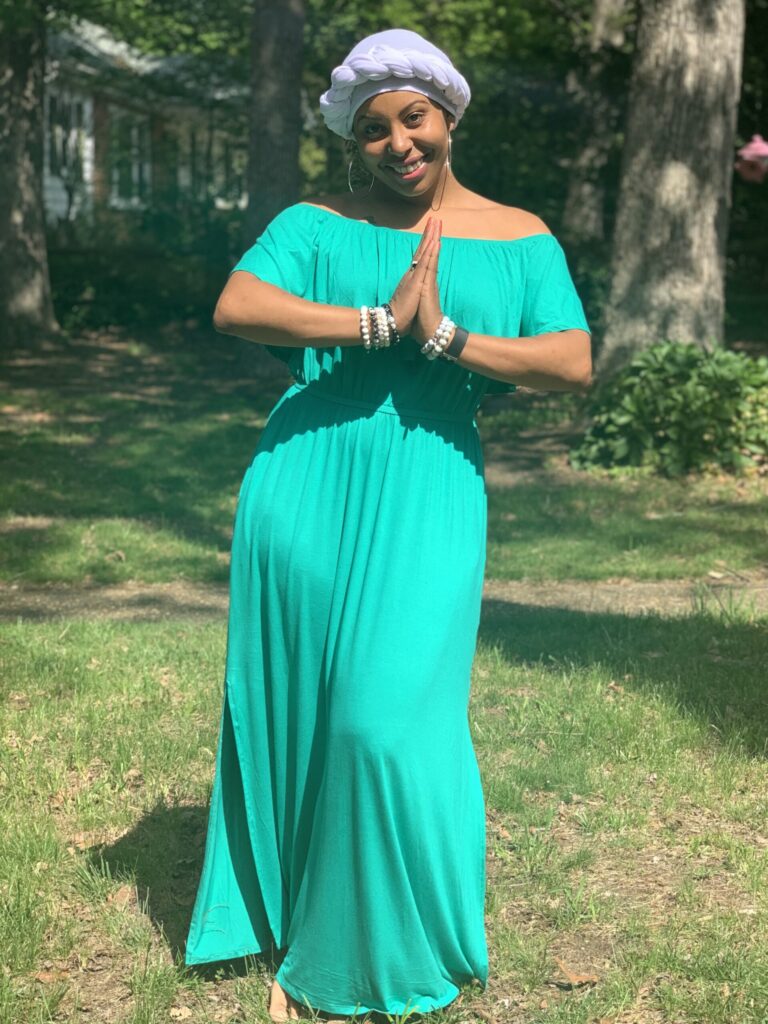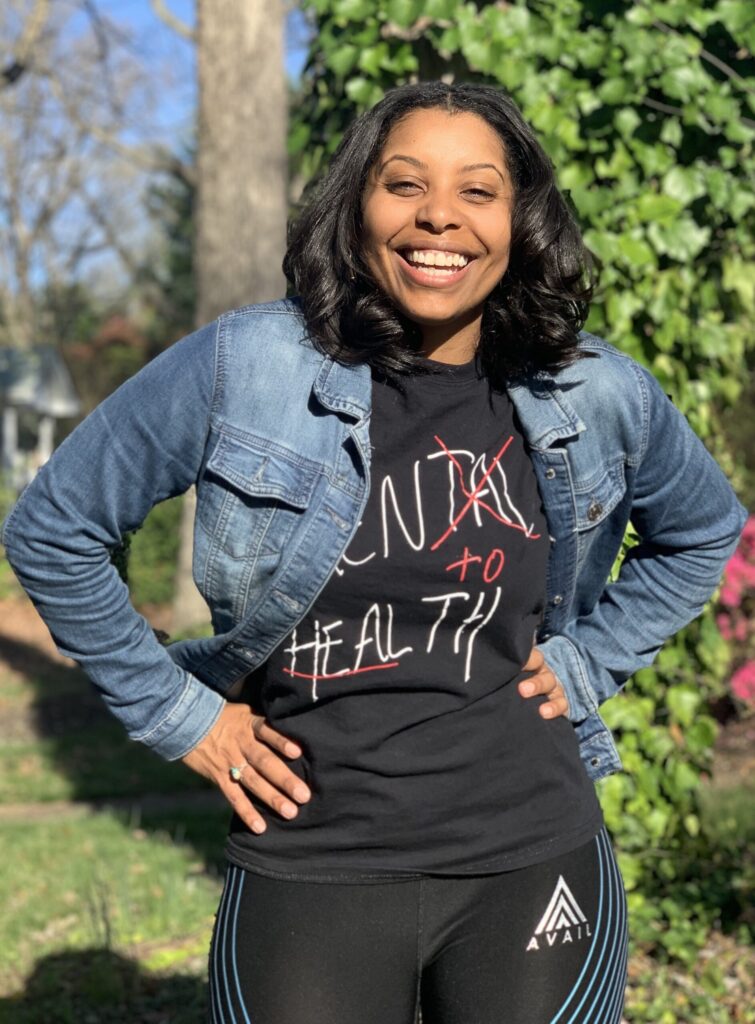I’m sure we have all come across a social media post celebrating different ways of self-care. The picture most likely contained bath bombs, naps, and face masks. While taking care of yourself is essential, labeling these acts as self-care for mental health can damage actual mental health treatment. For people who struggle with mental health, practicing self-care can be more harmful than helpful.
According to Healthline, 20 percent of adults in the U.S. live with an anxiety disorder. People who live with anxiety may feel a sense of guilt when taking time for themselves instead of tackling that long list of “to-dos.” Others may obsess over the best ways to achieve self-care, causing even more anxiety when not done “properly.”
The amount of information seems never-ending, whether it is advice, recommendations on being your best self, or the best self-care products. When we receive a list of things that we must do to feel like we are taking care of ourselves, we may stray away from actual self-care that isn’t considered “trendy.”
“Self-care is an ongoing practice, not an individual action.” -Tangee Augustin, LCSW, CHIMP
Tangee Augustin
Tangee Augustin is a Licensed Clinical Social Worker (LCSW), Certified Mental Health Integrative Medicine Professional (CMHIMP), a co-founder for Avail Counseling, and a holistic therapist. Her company Avail Outpatient Counseling is a holistic health service that combines traditional therapies with a mind, body, and spirit approach for holistic healing.
Melanie Jones
Melanie Jones is a certified Hypnotherapist and Mindset + Accountability Coach. As a Hypnotherapist, she guides her clients into becoming the best version of themselves by using solution-focused therapy. Her therapy techniques include using hypnosis, NLP, and coaching to help her clients release what is holding them back.
 Do you feel the conversations on social media surrounding mental health have helped reduce stigmas?
Do you feel the conversations on social media surrounding mental health have helped reduce stigmas?
Tangee: Conversations surrounding mental health can contribute to reducing the stigma. I believe the shift occurring is a step in the right direction; however, the stigma of mental illness continues to be an area for growth. Social media, when used appropriately, can address and challenge the stigma associated with mental illness by producing content that educates and increases awareness surrounding mental health. Given that a factor contributing to stigma includes how the media portrays people with substance use or mental health problems, using social media to speak up about stigma and speak out against stigmatizing content can significantly support the efforts to reduce and overcome stigma.
Melanie: Definitely, and it’s inspiring to see people increasingly realize that they don’t have to suffer or struggle, and certainly not in silence or alone. For so long, people did not address their mental health issues until they reached an extreme, debilitating level. I love how mental health care has become so normalized that people seek help in earlier stages. Anxiety and stress don’t have to be crippling before reaching out to someone for support and guidance. Since mental health care is no longer a taboo topic, people are not only avoiding harmful mental health issues; they’re learning how to optimize their mental health.
Do you believe Instagram self-care graphics, if marketed to someone suffering from a mental health condition, could damage their treatment? How and why?
Tangee: Yes, because the information on graphics is limited to “using face masks, bath bombs, or taking a nap to feel “better.” If misinterpreted, it can be detrimental to an individual with a severe mental illness. Self-care is an ongoing practice, not an individual action.
Self-care activities are the things you do to maintain good health and improve well-being. Activities typically fall under five main categories: physical, emotional/psychological, social, spiritual, and professional/vocational. Many social media graphics are shifting self-care away from looking inward and taking care of yourself physically, emotionally, and mentally. The information can be confusing, and one size doesn’t fit all. 
It can be challenging for an individual with mental illness to navigate what self-care is and what self-sabotage is. It is essential for all individuals using social media to establish and maintain digital boundaries. This means following accounts that offer high-vibe content from competent individuals in the area they are sharing. Self-care graphics are often from businesses or influencers connected to the beauty and wellness industry, capitalizing on the self-care trend.
Melanie: Yes, I’m a big proponent of being honest about what self-care means. The risk we see with those sort of surface-level self-care ideas is that someone suffering from a mental health condition might become even more hopeless. As a hypnotherapist, I know that these self-care changes on the action level are inconsequential, especially if you have a mental health condition.
We have to change our underlying beliefs, thought patterns, and “default/knee-jerk” emotional reactions to create lasting change to our mental health. I encourage my clients to dig deeper into the “self” part of self-care. Awareness of self is so essential when you’re struggling with mental health issues.
Mindfully reflect on the triggers and beliefs that are causing you distress. That can look like journaling, meditating, receiving hypnotherapy, or modality works best for you. There’s nothing wrong with you if you can’t “snap out of” your depression or anxiety or whatever it is with these quick, superficial fixes that are shared on social media.
 Do you think Instagram accounts run by professionals who spread accurate advice, start meaningful conversations, and create a positive environment are beneficial?
Do you think Instagram accounts run by professionals who spread accurate advice, start meaningful conversations, and create a positive environment are beneficial?
Tangee: Yes, but it is important to note that although the information provided is from licensed and certified mental health professionals, the information is for the sole purpose of education and awareness. It is not posted and should not be received as medical advice or treatment.
My practice has an Instagram account (@availcounseling) as well as many of my cohorts. Most of us have noticed in our bios or have disclaimers within our captions to remind followers that the content posted is not intended to substitute for professional advice, diagnosis, or treatment. Additionally, many of us do not allow D.M.s and/or do not respond to specific comments that ask for individual advice. Out of respect for paying clients and the code of ethics for mental health professionals, we cannot provide individualized support or advice.
I encourage individuals to establish and maintain boundaries when utilizing social media because it can be harmful rather than helpful. All users must be mindful that social media is not a replacement for medical advice or therapy. I urge individuals to seek support from a trained professional within a clinical setting to assist them in an individualized manner.


Melanie: Yes, those accounts can be so beneficial for people suffering from a mental health condition. They offer the reassurance of knowing you’re not alone, knowing others have faced similar issues, and have overcome those issues. The best accounts to follow are the ones that give positive, concrete advice about how to overcome or better manage your mental health concerns. The inspirational quotes are great, but you need more than just inspiring words when you’re suffering from a mental health condition.
I suffered from severe anxiety for years. Hypnotherapy helped me shift the limiting beliefs I held and finally released the anxiety by opening my subconscious. As I began to study hypnotherapy myself, I learned something that I now share with my clients. Suppose you can picture a pyramid with different layers. At the top of the pyramid is our results, next are our actions, then our feelings, our thoughts, and at the base of the pyramid are our beliefs. Our beliefs create our thoughts, our thoughts create our emotions, our feelings create our actions, and our actions create our results.
We are trying to make changes at the action level, which is ultimately ineffective. We have to make changes at the belief level if we want new results in life, which holds true for many mental health conditions. We have to detach from the belief that we’re depressed or anxious and look at it objectively— we are experiencing depression and anxiety, but it’s not who we are. Then we can more easily explore where those feelings came from and how we can reprogram our responses to them.
We want to thank Tangee Augustin and Melanie Jones for sharing their professional opinions and advice. Do you believe you have felt pressure from the self-care movement? What do you partake in as part of your self-care routine that isn’t considered Instagramable? Let us know if the comments and on our Instagram @cada_culture.

